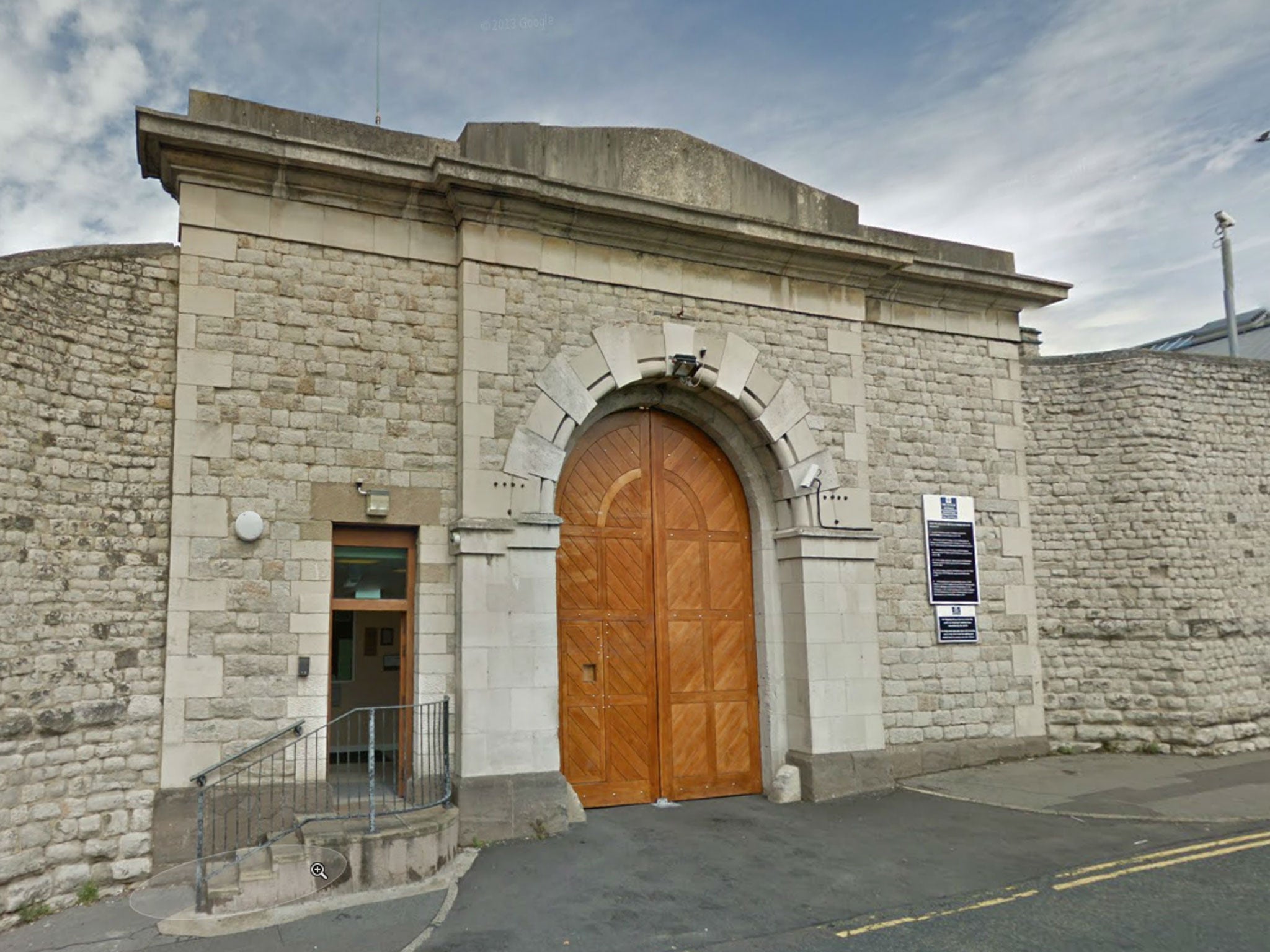Exclusive: Sex offenders freed from prison without treatment will ‘create more victims’

Prisons across England and Wales are routinely releasing dangerous sex offenders without putting them through treatment programmes because budget cuts have left places critically scarce.
The situation is so serious that prison governors say it could create more victims, as sexual predators are sent into the community before their behaviour is addressed. An analysis of inspection reports from six prisons holding sex offenders reveals backlogs of, in some cases, more than two years. Some prisoners are on the waiting list for treatment for so long they’re released without getting it, despite its being recommended.
The latest inspections of Maidstone, Parc and Whatton prisons all raised serious concerns about a shortage of programmes to tackle sex offenders’ behaviour. At Wakefield, Moorland and Shrewsbury prisons, inspectors found no formal treatment programmes available at all, despite these being centres for holding sexual criminals.
The number of treatment programmes completed by sexual offenders has already dropped by around 5 per cent since 2010-11, according to a report from the National Audit Office (NAO) published in December. This has happened despite a growing number of sex offenders in the prison population. Experts say the programmes are especially vulnerable to budget cuts because they do not directly impact on prison safety.
When HMP Shepton Mallet in Somerset was closed last year, places were not provided elsewhere for the sex-offender treatment programmes that it ran. This caused a drop of 34 places, or 3 per cent, in the number of places across the system, the NAO reports.
An inspection report from Parc prison published last month revealed that despite having a sex-offender population of around 280, only 12 places were available on treatment programmes. Inspectors said this was “far too few”. At HMP Whatton in Nottinghamshire, the average wait for sex-offender treatment at the latest inspection last year was 14 months, with some prisoners waiting over two years.
The delays caused by cutting programmes are a false economy, the NAO said. The cost of keeping a prisoner inside for 14 months while they wait for treatment is more than £23,000 per person, it calculated. Treatment programmes typically cost around £5,500.
Donald Findlater, director of research at the Lucy Faithfull Foundation, which works to prevent child sexual abuse, said: “The programmes make a significant contribution to reducing risk of reoffending, so not having sufficient places on programmes is likely to result in more victims.”
The Ministry of Justice said it is in the process of changing the way it delivers treatment for sex offenders. But Mr Findlater commented: “The programmes are being redesigned at the moment, but the volumes are just not sufficient to meet the need.”
Despite sex offenders making up a third of prisoners at HMP Moorland in Doncaster, no treatment programmes were delivered at all, according to the latest inspection. Of the 41 prisoners waiting to transfer to a programme at the time of the inspection, “at least 14 would be released within the next five months without being offered a place,” inspectors found. There was also “no formal strategy to manage [those who did not admit to their offences], and most went unchallenged,” their report stated.
At HMP Maidstone, which holds around 500 sex offenders, there were just 54 places on a treatment programme at its most recent inspection. This meant 92 prisoners were registered on the waiting list, some of whom were not guaranteed a place on the course before their release date.
Paddy Scriven, general secretary of the Prison Governors Association, said the issue was of “serious concern”.
She added: “If offending behaviour hasn’t been addressed when [sex offenders] come out of prison, the likelihood is they’ll reoffend. Then we’ll have the cost of them going through the system again, but also the victim issues.” She said governors were facing harder and harder decisions about funding as budgets shrink. “There isn’t a single thing that governors can’t look at for cuts, at the moment,” she said.
When Nick Hardwick, the chief inspector of prisons, visited Wakefield in 2012, he found that “almost half” of its prisoners “were in denial about their offence”. He added: “There were no programmes available to tackle the behaviour and attitudes of men in denial and little effective work was done with them.”
Treatment programmes are not suitable for everyone who commits a sexual crime. But there is mounting evidence that a shortage of places means those who are suitable are not being treated.
A Prison Service spokeswoman said it was “simply not true” that cuts are being made to the funding of sex-offender treatment programmes.
“We are working to increase the availability of these programmes and have created the Sex Offender Management Board to address this,” she said. “Our strategy across all prisons is to focus treatment on medium- and high-risk offenders and we’re currently working to reallocate resources accordingly.”
Waiting lists: prisons struggle
HMP Maidstone
There were just 54 places a year on a sex-offender treatment programme for more than 500 prisoners, an inspection in 2011 revealed.
HMP Wakefield
Mr Hardwick said in his 2012 report: “Almost half the men were in denial about their offence... there were no programmes available to tackle the behaviour and attitudes.”
HMP Parc
Despite a sex-offender population of 280, there were only 12 places available on treatment programmes last month.
HMP Moorland
Mr Hardwick said in 2013: “Of the 41 prisoners waiting to do a programme... at least 14 would be released within the next five months without being offered a place.”
Whatton
In 2012, inspectors found that “a total of 46 prisoners had been released in 2011 without accessing a programme”.
HMP Shrewsbury
In 2011, inspectors found: “Too many prisoners remained unchallenged in their attitudes towards their offence.”
